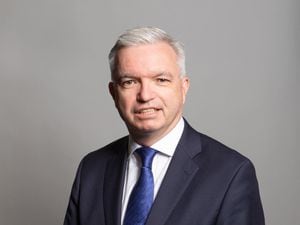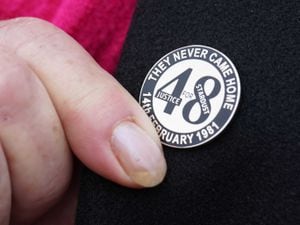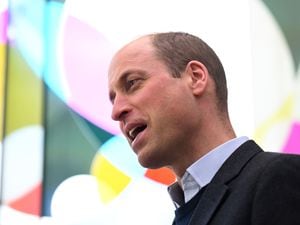Youth services shortage may be cause for knife crime surge, charity boss warns
The Ben Kinsella Trust was set up by former EastEnders actress Brooke Kinsella in memory of her brother who was stabbed to death in Islington in 2008.

A “lack of infrastructure supporting young people” may be behind a recent surge in youth-related violence, a prominent charity has warned.
Patrick Green, chief executive of the Ben Kinsella Trust, said state cash following the 2011 riots had dwindled, paving the way for violence.
He told the Press Association: “During that period (the last 10 years) we’ve seen a fall in knife crime and now it has come back up again.
“The contextual difference is the infrastructure that supports young people; we have less of that now than we had then.
“Everything else is broadly the same. That seems to be the fundamental difference.”
The charity was set up by former EastEnders actress Brooke Kinsella in memory of her 16-year-old brother, who was stabbed to death in Islington in 2008.

On Wednesday, Foreign Secretary Boris Johnson said when he was London mayor – from 2008 to 2016 – his approach of increased stop and search powers, while mentoring young people to prevent them getting into gangs, cut “serious youth violence down by 32%”.
But Mr Green suggested the reduction was not solely down to Mr Johnson’s actions.
He said: “After the London riots in 2011 there was huge enforcement and investment in youth services.
“When that money finished, around 2015 and 2016, youth crime started going up. The coincidence is startling.
“Youth services were particularly badly hit by the austerity cuts.
“Youth workers do an incredibly good job. They’re authentic and young people are a very discerning audience.
“They have a great reach and that’s what we’ve been missing.”
“If you just stop and search that’s not going to work. There are many other factors at play.
“The problem is not going to be fixed in the flick of a switch – it’s going to take a long time.”
He said he expected the Home Office’s new Serious Violence Strategy – which is preventative and promotes early intervention – will prove effective.
“We need to stop people carrying knives in the first place,” he said.
The strategy, published earlier this month, promises to provide £11 million over the next two years to a new Early Intervention Youth Fund, among other initiatives, to support communities for early intervention and prevention with young people.
On Thursday MPs called for an urgent debate on knife crime in the Commons.
“I would like to see the debate discuss the broader underlying issues driving knife crime,” said Mr Green.
“Knife crime is a symptom not a cause.”
He added that we need to look at “poverty, social mobility and social justice” as disaffected people turn to violence, as these are some of the root causes of the issue.





